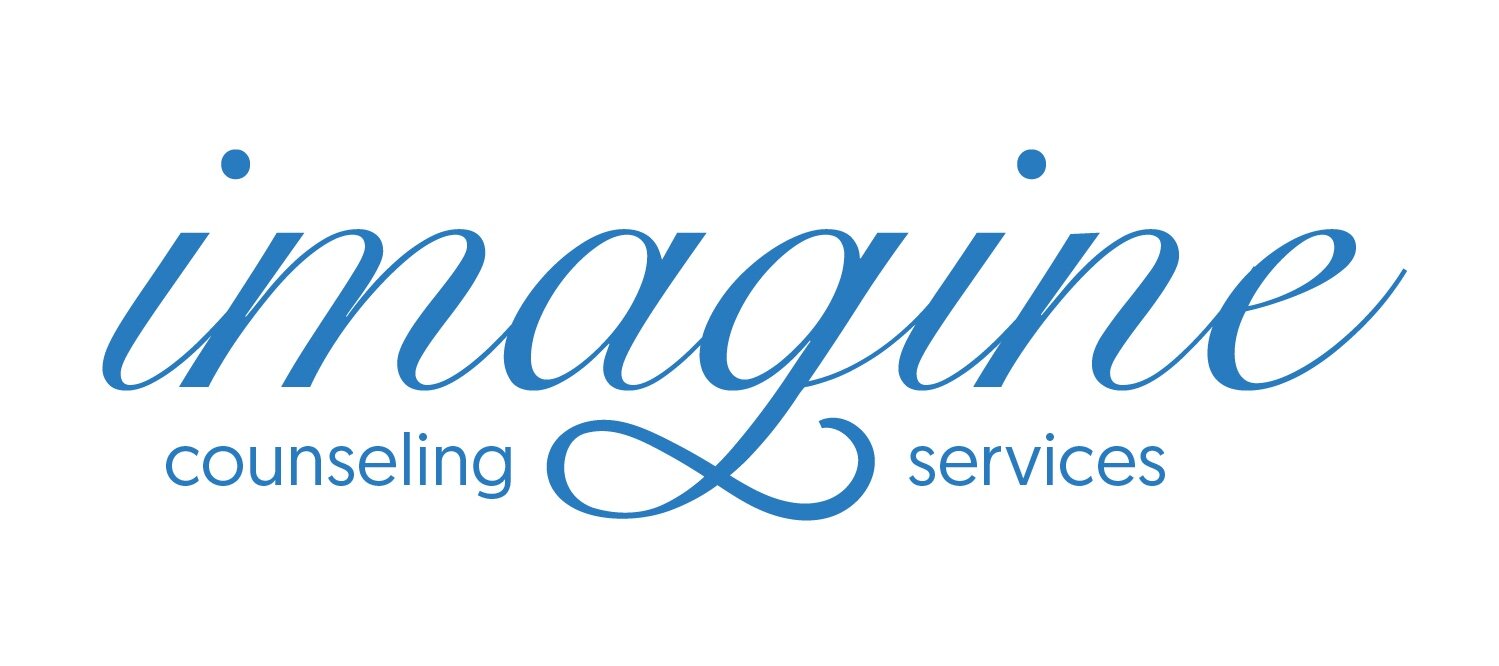Is Money Causing You Stress?
Do you lack self-control when it comes to money or worry that you spend beyond your means? Are you earning a healthy income, but still having a hard time paying the bills, saving up or understanding where the money goes? It could be that money problems are wearing away at your health and your relationships, as well as preventing you from making investments in your future. Maybe you understand that in some small way, shopping or spending money temporarily provides comfort. And, although it makes you feel good about yourself, the cost—both literally and figuratively—is growing far too great.
Is a change in your financial status causing new confusion and stress? Maybe you have lost a primary source of income, made a poor investment or worry that you are not saving enough for the future. You might be struggling to find purpose or a sense of identity after losing a job, your savings or a luxurious lifestyle. Or, perhaps you have recently run into a large windfall or inheritance and you want help navigating the aspects of new wealth and responsibility.
Do you wish you could manage your financial problems effectively and reframe how you perceive yourself and wealth? Are you searching for a normal, healthy relationship with money?
Money Is a Pervasive Issue in Our Society
We all use money in nearly every aspect of our lives. We feed, clothe and shelter ourselves with it. It affords us a means of survival and can act as a source of comfort and security. We entertain and enrich ourselves with the luxuries and experiences that it permits us. And, although it is essential for us to feel safe—to feel protected from the uncertainties of life—money also has the ability to distort how we perceive ourselves, others and our realities.
In some cases, money can even serve as a coping mechanism for something that is lacking or going unaddressed in our lives. It may be that the idea of not having enough money creates financial anxiety and spending alleviates that worry. Or, issues of low self-worth or depression may compel you to compensate by spending money you don’t really have, even when that means falling into debt. And, when we look at pop culture, entertainment and celebrities, it’s easy to be convinced that money is a status symbol, a source of power and prestige—the answer to all of life’s problems.
But the truth is, regardless of how much is in your bank account, money in and of itself cannot buy happiness. It’s what you choose to do with the money you have that counts. The good news is, if financial issues are affecting your relationships or taking a toll on your physical, mental or economic well-being, there is help. With the guidance of a therapist who has years of experiencing working as a financial professional, you can cultivate a natural and healthy relationship with money.
Financial Therapy Can Change the Way You Value Money
As a skilled financial therapist, I am committed to helping you break down and positively rebuild your relationship with money. Our counseling sessions give you the chance to really say what is on your mind and in doing so, find validation and understanding for your situation. It offers you the opportunity to work with an experienced professional who can help you break down your relationship with money and turn financial concerns into opportunities for self-growth. Working together, we can align your financial perspective with your personal values and aspirations and improve your overall financial well-being.
We’ll begin our sessions on a foundation of nonjudgmental respect from which you can talk freely about your needs and concerns. To get a clearer idea of your financial background, I’ll conduct a review of your financial history and identify how money has served you. Then, we’ll explore your family history to examine how you learned about money, its value and how to manage it.
The strength of therapy lies in deconstructing what wealth means to you, as an individual, and how that meaning motivates money-related behaviors. For example, do you avoid money? Regard it as a measure of social status? Feel hypervigilant about your savings and expenditures?
As we investigate your unique answers, we’ll move toward even bigger questions: What do you want from money? If you lost it all, what would that mean for your sense of identity? These questions can help you understand how the concept of wealth fits into your life. With your answers, we can begin reframing the way you perceive, interact with and feel about money.
It may be that you are spending money as a way to fulfill an emotional need. Using cognitive behavioral therapy techniques, we can identify that need and develop more effective coping mechanisms for meeting that need so you can use money in an unbiased manner. Similarly, if you are spending beyond your means, we’ll develop strategies for generating greater introspection. You’ll be able to question your motivations for spending money and, ultimately, spend out of intention rather than reflex.
Shaping your financial behaviors to reflect your personal values and morals is tantamount to having a healthy relationship with wealth. My personal and professional experience over the years working with customers in the banking and finance industry have shown me the significance and power that money has in everyone’s lives. With my help, you don’t have to fear money or be victim to its influence. You can learn how to control your financial situation so that it doesn’t control you.
I am considering investing in financial therapy, but I still have a few questions and concerns…
I know I have an issue with overspending, but does money therapy mean I will have to stop my spending immediately?
My primary concern is getting you to become aware of your behavior so you can identify what you would like to change. Using that awareness, we can make adjustments based on your level of comfort. I’m not going to budget you or put you on an allowance. I am here to provide you with insight, support and guidance as we figure out the drivers behind your relationship with money. Working at your own pace, you can learn how to manage your money responsibly and enjoy a healthy relationship with wealth.
Will this require opening up old wounds?
Whenever we delve into the past, there is understandably the risk of agitating an old emotional scar. However, the power of financial therapy lies in its ability to give you an ally—a source of strength and confidence—who can help you alleviate any pain you might run into.
It’s also very likely that the emotional scar you are afraid of exposing is at the core of your behaviors. Addressing the problem at the source can stop the cycle of behavior and actually heal a part of you that you may not even know was wounded.
Why invest in therapy rather than financial planning?
Working in tandem with a financial planner can certainly be beneficial, as they can help with numbers and the logistics of money management. However, there is an emotional component that financial planners can’t address, especially when we run into financial difficulties. Recognizing these emotional factors helps us change how you perceive yourself and transform your relationship with money.
Take Control of Your Financial Well-being
If money worries are complicating your life, I can help. Please call 678-631-8099 or email me at KatHainesTherapy@Hushmail.com to set up your free 15-minute consultation. I would be honored to address any questions or concerns you may have about financial counseling and how it can enhance your mental, physical and economic well-being.







